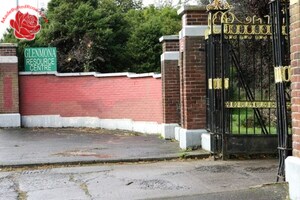December 1995 Suspended term on sex charges A BELFAST man who has already served a four year sentence for sex assaults on young boys was yesterday given a suspended jail term at the Crown Court for similar offences. Francis Smyth (40), from Eglantine Avenue, had pleaded guilty to a total of eight charges of indecent assault and indecent conduct committed more than IS years ago. At the time he was employed as an assistant chef at St Patrick’s training school in west Belfast, and the court heard the assaults were carried out against four inmates at the school in the staff room used by kitchen staff. A jury acquitted him of a further charge of buggery against one of the boys. September 2011 ‘St Pat’s sex abuse destroyed my life’ WEST Belfast man who was sexually abused while resident at the former St Patrick’s Boys’ Home on the Glen Road has spoken to the Andersonstown News about how his ordeal ruined his life and broke up his marriage. The former resident came to us to tell his story after he read in our paper last week that police are investigating historical allegations of child sex abuse at “an educational establishment in West Belfast” – an establishment we know to be St Patrick’s Boys’ Home. The Glen Road institution, which was run by the De La Salle Order, was known locally as St Pat’s Home and operated until the year 2000. The Glenmona Resource Centre, which provides residential care to young people between the ages of 10 and 17, currently operates on the St Pat’s site. Glenmona has no association with St Pat’s and is totally unconnected to the police investigation. Speaking to the Andersonstown News, the former resident, who entered the junior section of the school aged 12 in 1978 and left when he was 16, described how he was abused by a lay staff member at the institution. “He called me one day to give him a hand, I didn’t know what it was for,” said the former resident, who asked not to be named. “The next thing he took me into the backroom and sexually abused me. He tried it again a few times but that was the only time he sexually abused me. That happened to me in 1979, but I know of another three boys that he sexually abused. I didn’t complain about it at the time as I didn’t think anyone would believe me.” The former resident also described how a De La Salle brother at the home would touch him in an inappropriate way when he walked past. “He did it in front of staff and everything, and did it to other boys too,” he remembered. “He used to call you ‘Love’ as well. That brother was never charged with anything.” The victim said the trauma of the abuse led him into a life of petty crime when he left the facility at aged 16, meaning he spent numerous spells in prison. He described how he ran into his abuser again while serving a prison sentence in Crumlin Road Gaol in 1986. “There were ordinary criminals on one side of the prison where I was, and sex offenders on the other side of the prison,” he recalled. “He was in for sexually abusing somebody and I saw him. I was walking down the stairs one night and spotted him coming out of his cell and I just looked at him. He looked at me and I just walked on. It brought it all flooding back to me.” He spoke of how he kept the abuse secret from his wife as he struggled to lead a settled life, until he received a visit from police officers investigating abuse claims made against his old tormentor. “I had kept all this from my wife for 12 years until the day the police came to my door 15 years ago,” he said. “I thought they were looking for me in relation to something else, but they said to me that allegations had been made against this man by a couple of pupils [at St Pat’s] and that I was mentioned. I just broke down. I told them everything. I kept it all from my wife and told her absolutely nothing until the day the police came. “After that I took an overdose as it brought all the memories back again. I hit the drink and in time my marriage broke up. It was a horrible time when I was in the home and when the abuse happened, but to tell you the truth, dealing with the aftermath was the worst bit.” After the police contacted him, the victim agreed to give evidence against his abuser. “The day I was due to testify against him in court I was in Magilligan Prison for petty crime,” he said. “They brought me up to the court but I couldn’t even get up in the box to give evidence against him. I asked the solicitor to take me back down to the cells again, but he [the abuser] ended up pleading guilty and was convicted of gross indecency and indecent assault against me. That was November 1996. But he only got a suspended sentence for it as he was already a convicted sex offender at the time and was on one of those sex offender programmes. “I had also told the police when they contacted me about the brother touching me up every time I went past him, but nothing ever happened with that.” While in Magilligan Prison in October 1996, he wrote to St Patrick’s Boys’ Home asking for an apology for the abuse he suffered. “I got no reply,” he said. “So when I was released in January 1997 I went up to St Patrick’s and asked in person for an apology, and still never got one. I was in a bar in town about six or seven years ago and his name was brought up in conversation. A girl said he was dead and that he had lived over in the university district.” The victim said reading the article in last week’s Andersonstown News “brought it all back to me again”. “It just sickens me,” he said. “I’m an alcoholic now, I don’t work. Up until 15 years ago I was involved in petty crime because of the abuse. Once I left St Pat’s I was in Hydebank three times a year through drink, then Crumlin Road. I got married and the crime slowed down and stopped. “This abuse mucked my head up. I want to see the brother who touched me charged and locked up, he’s probably still alive. They were supposed to be looking after me and instead I was getting sexually abused,” he continued. “I felt no-one would believe me if I told them and that no-one was on my side. There are a lot of people that were sexually abused in that home and they just haven’t come forward. This is only the tip of the iceberg. There’s people out there who have been sexually abused by this man.” January 2014 De La Salle brothers apologise for abuse AN order of Catholic Brothers has apologised to boys abused in their care in an opening submission to the inquiry into historical institutional abuse. Two children’s homes run by the Catholic de La Salle order are among 13 being investigated by the inquiry which held a second day of hearings yesterday. A barrister acting for the de la Salle order said they “accept and deeply regret that boys in their care were abused”. The order ran St Patrick’s Training School in west Belfast, which was a juvenile justice centre, and de La Salle Boys’ Home, rubane House, in Kircubbin, Co down. The Sisters of Nazareth also apologised “unreservedly for any abuse suffered by children in their care”. Four children’s homes, which were run by the order of nuns in Belfast and Derry, are part of the inquiry which is the largest of its kind in the UK and could cost up to £19 million. The inquiry is investigating allegations of sexual, physical and emotional abuse in state, voluntary and Church-run institutions between 1922 and 1995. More than 300 victims are set to testify to the three-member panel during hearings which are expected to last 18 months. Representing the de la Salle order, Kevin Rooney QC said the brothers recognised that some of their members had caused “immense pain” to children which was “in contradiction to their vocation”. “First and foremost the brothers would wish to say publicly at the outset of this inquiry that they accept and deeply regret that boys in their care were abused,” he said. “They wish to offer their sincere and unreserved apology to all those whom they failed to protect… “The brothers recognise the immense pain and suffering and damage caused to those victims who have been abused. “The brothers recognise the sense of betrayal that the victims have experienced and the violation of trust caused by certain brothers within the order. They recognise that there have been failures to protect the victims.” Mr rooney said the order “deeply regrets” the action of some members which had “irreparably damaged” its reputation and undermined “the selfless care provided by so many of the brothers in pursuance of their vocation”. The inquiry also heard an admission for the Sisters of Nazareth. Turlough Montague QC said the order has been “appalled and shocked” by the experiences people have recounted to the inquiry team. “They apologise unreservedly for any abuse suffered by children in their care. They go forward hoping that lessons will be learned not just by them in the provision of care but also by carers generally in society and the wider society at large,” he said. Mr Montague said the sisters were “very anxious to ensure full co-operation with the inquiry” and “have already begun their period of reflection on the past”. The Health and Social Care Board legal representative Moira Smyth also apologised to those affected “where the board failed to meet acceptable standards for the care and upbringing of children in institutions and that resulted in wrong-doing”. A solicitor for the department of Justice said the department recognised that childhood abuse “can stunt potential and trigger a down ward spiral in which the victim may suffer lifelong physical and psychological impairment, educational underachievement and economic disad-vantage”. Almost half of the institutions being examined were run by the Catholic Church. Senior counsel to the inquiry Christine Smyth QC said that, in light of an admission that abuse occurred, the probe would have to consider “what was known about this, by whom, when and what was done about it”. “What steps were taken to avoid any repetition and how did the congregation deal with the matter generally? Were police involved? If not, why not?” she added. other matters to be considered include how complaints of abuse were dealt with, whether institutions were inspected and background checks carried out on staff, what records were kept, whether children received medical care and if children whose parents could not afford to donate to the institution were treated differently.
Other Abusers in Belfast
218 ABUSERS IN BELFAST
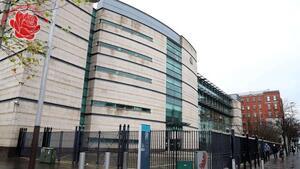
Eamonn McManus
Belfast
Domestic Violence
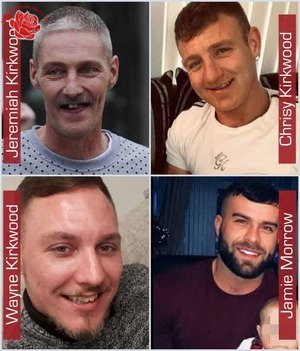
Jeremiah, Wayne and Chris Kirkwood, Jamie Morrow
Belfast
Animal Abuser

Colin Woodside and Laura McWilliams
Belfast
Animal Abuser
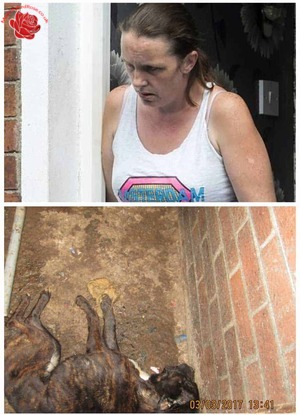
Theresa McGahey
Belfast
Animal Abuser

Phyllis Burns
Belfast
Animal Abuser

Raymond Leckey
Belfast
Animal Abuser

James Macnulty
Belfast
Sexual Abuser

William Fisher
Belfast
Sexual Abuser

George Morrow
Belfast
Sexual Abuser
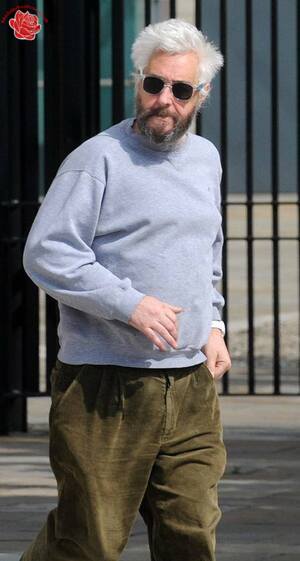
Carey Lyons
Belfast
Newtownabbey
Sexual Abuser
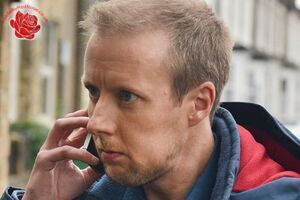
Barry Shaw
Southampton
Belfast
Sexual Abuser

Scott McCutcheon
Belfast
Sexual Abuser

Thomas Sloan
Belfast
Sexual Abuser

Lawrence Henderson
Belfast
Sexual Abuser

Robert Steele
Belfast
Sexual Abuser

Patrick Coleman
Belfast
Sexual Abuser
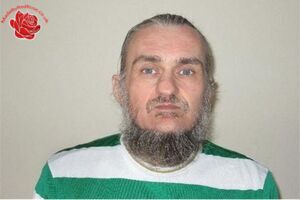
Paul Redpath
Belfast
Stanraer
Sexual Abuser

Jerome Brennan
Belfast
Peterlee
Sexual Abuser

Kenneth Best
Belfast
Sexual Abuser
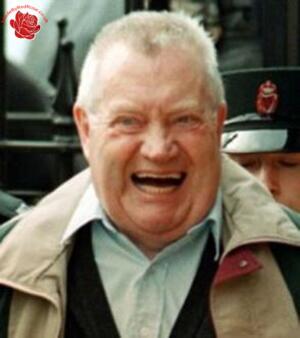
Brendan Smyth
Belfast
Sexual Abuser

Darren Boyd
Glasgow
Belfast
Newtownards
Sexual Abuser
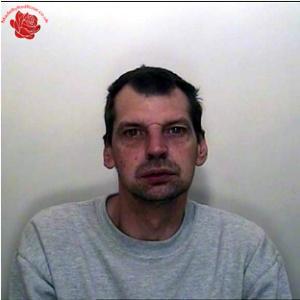
William Jameson
Belfast
Finchampstead
Sexual Abuser
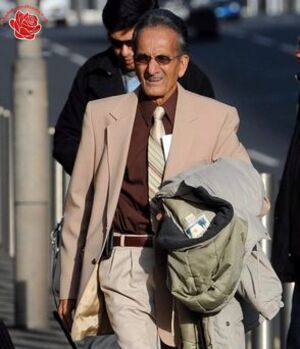
Uday Joshi
Belfast
Sexual Abuser

Ronald Chalmers
Belfast
Sexual Abuser

David Hughes
Belfast
Sexual Abuser

Steven Colton
Belfast
Sexual Abuser
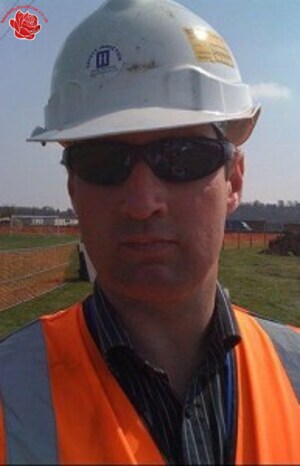
Desmond McKinley/Patrick Shields
Belfast
Ripley
Loughborough
Sexual Abuser
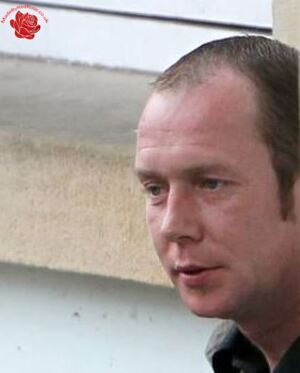
Leo Hoad
Belfast
Enniskillen
Sexual Abuser
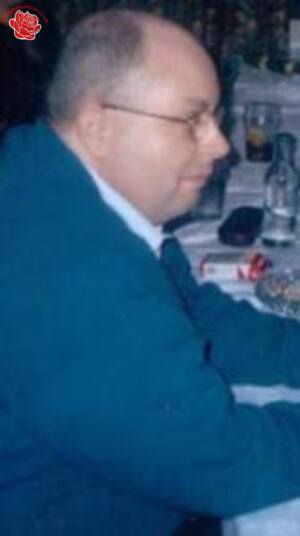
Martin Kerr
Belfast
Larne
Sexual Abuser

Thomas Todd
Belfast
Sexual Abuser
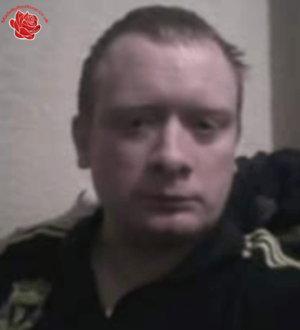
Charles Duffin
Belfast
Portadown
Sexual Abuser
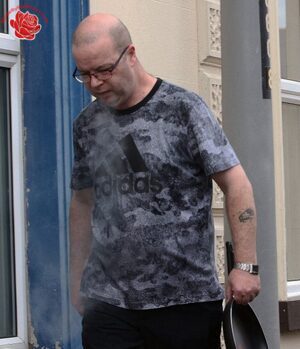
James Craig
Belfast
Sexual Abuser
